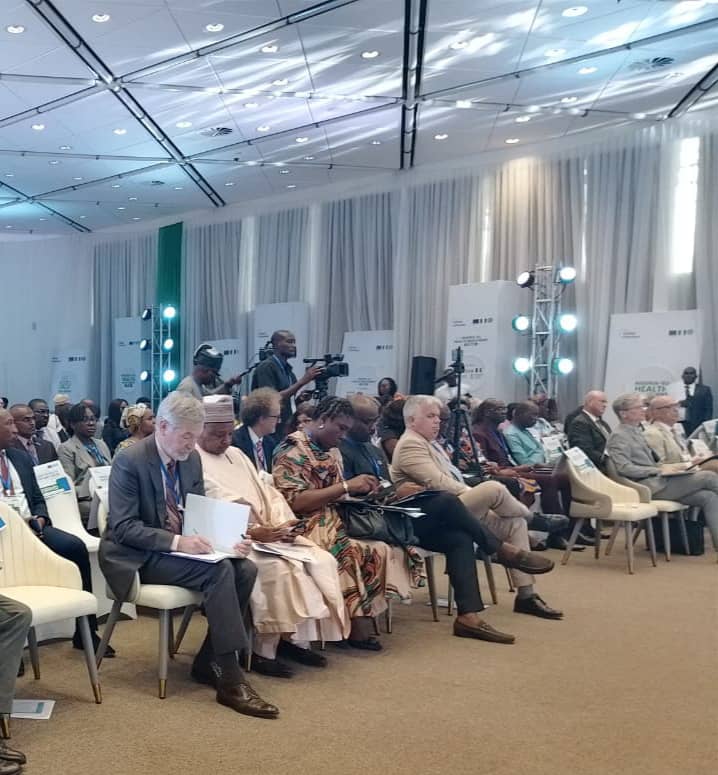ABUJA – In a significant move to bolster Nigeria’s healthcare self-sufficiency, the Federal Government has entered a €6.3 million partnership with the European Union and the United Nations Children’s Fund (UNICEF) to stimulate the local manufacturing of essential medicines, vaccines, and nutrition products.
The 24-month initiative, signed Tuesday at the Nigeria-EU Health Investment Forum, aims to strengthen the nation’s pharmaceutical sector, secure supply chains, and reduce a longstanding dependency on imported health commodities. The agreement signals a strategic shift from traditional aid toward long-term investment in Nigeria’s industrial capacity.
The project, titled “Enabling Local Manufacturing of Health, Immunisation and Nutrition Commodities in Nigeria” (ELM-N), is funded by a €5.5 million contribution from the EU and an additional €800,000 from Spain.
Minister of Budget and Economic Planning, Senator Abubakar Atiku Bagudu, hailed the partnership as a cornerstone of Nigeria’s evolving relationship with the EU. “This partnership is expanding opportunities for technology transfer, facility financing, and local production,” Bagudu stated, adding that it aligns with the government’s goal to position Nigeria as a regional hub for health innovation and research.
The EU’s Ambassador to Nigeria and ECOWAS, Mr. Gautier Mignot, representing Team Europe, emphasized the program’s strategic nature. “More than anything, we want to support the paradigm shift taking place in Nigeria and West Africa, moving from aid to peer-to-peer collaboration,” Mignot explained. The initiative falls under the EU’s broader Global Gateway strategy, which provides support to local manufacturers and governments to build sustainable production capacity.
Stakeholders highlighted the project’s potential impact on public health outcomes. The United Nations Resident Coordinator, represented by UNICEF’s Wafaa Abdelate, connected the initiative to urgent national needs, citing over two million “zero-dose” children and high maternal mortality rates.
“This partnership must translate into access to affordable, timely, and safe vaccines, medicines, and nutrition products,” Abdelate said.
The Spanish Ambassador to Nigeria, Félix Costales Artieda, noted the agreement would also advance regional health security and equitable access to essential products across West Africa.
By strengthening local production and regulatory frameworks, the ELM-N project is seen as a critical step toward a more resilient health system for Nigeria and a reduction of its vulnerability to global supply chain disruptions.

